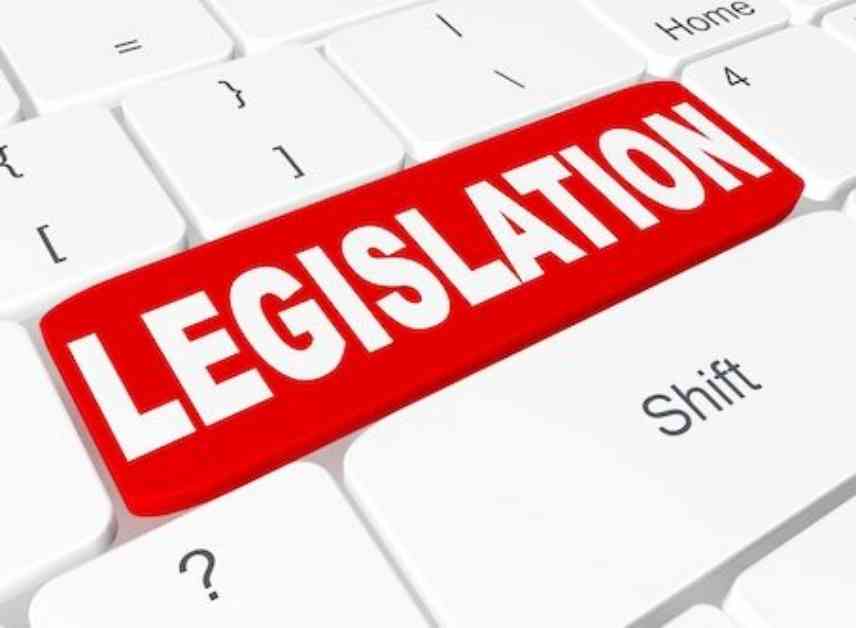Legislative IP Developments 2024: Trends & Future Prospects
In the realm of AI and intellectual property, legislative efforts are beginning to take shape, offering a glimpse into the future direction of this evolving landscape. The recent months of 2023 and early 2024 have seen a flurry of activity aimed at addressing the impact of AI on intellectual property and publicity rights. The overarching goal of these legislative initiatives appears to be two-pronged: to grant rights holders and consumers additional protections, such as new publicity rights for digital replicas of celebrities, and to enhance transparency surrounding AI training data and its effects.
One significant area of focus revolves around mitigating risks associated with China. From the enactment of the Protecting American Intellectual Property Act of 2022 to the more recent “TikTok bill,” the legislative agenda remains keenly attuned to safeguarding U.S. consumers and rights holders from potential threats.
Noteworthy Developments to Monitor:
1. H.R.7913 – Generative AI Copyright Disclosure Act of 2024:
Proposed by Representative Adam Schiff, this bill seeks to impose new transparency requirements on AI developers. It mandates that developers of generative AI technologies must disclose the use of copyrighted material in training their systems. Moreover, developers are required to submit notices to the Copyright Office prior to the public release of such technologies, detailing the copyrighted works employed in building or modifying the training dataset.
The implementation of these transparency measures is anticipated to empower copyright owners to ascertain the inclusion of their works in AI datasets. However, AI developers may face challenges in complying with these requirements, particularly in identifying copyrighted works within complex training datasets.
2. Tennessee’s Ensuring Likeness Voice and Image Security Act (ELVIS Act):
Signed into law by Governor Bill Lee, the ELVIS Act aims to shield musicians from unauthorized AI voice impersonations. By expanding the Personal Rights Protection Act of 1984 to encompass “voice” as a safeguarded personality trait, the law affords criminal and civil remedies for the unauthorized use of voice replicas.
While the ELVIS Act is set to come into effect on July 1, 2024, questions linger regarding the practical application of the “readily identifiable and attributable” standard stipulated within the legislation.
3. California Digital Replica Bill:
California’s AB 1836 introduces a digital replica right for deceased celebrities, prohibiting the unauthorized use of AI-generated replicas in audiovisual works related to the individual’s prior performances. Despite the bill’s intent to safeguard digital replicas, uncertainties persist around the definition of “readily identifiable” and the scope of permissible uses, notably the elimination of exceptions for certain expressive works.
4. NO FAKES Act:
Proposed at the federal level, the NO FAKES Act targets the unauthorized use of digital replicas, including those created through generative AI, in audiovisual works and sound recordings. The bill establishes a Digital Replication Right and grants enforcement powers to both rights holders and federal agencies.
The legislation, akin to California’s AB 1836, employs a broad “readily identifiable” standard and delineates exclusions for certain uses to uphold First Amendment protections.
5. H.R.576 – Copyright Clause Restoration Act of 2023:
This bill proposes to reduce the initial copyright protection term from 70 years to 28 years, with the potential for renewal for an additional 28 years, limiting total protection to 56 years. While targeting major motion picture studios, the bill exhibits retroactive implications for copyrights owned by select companies.
6. H.R.7608 – Combatting China’s Pilfering of Intellectual Property Act (CCP IP Act):
Introduced by U.S. Rep. John Curtis, this bill seeks to curb IP theft by the Chinese government through sanctions and travel restrictions on implicated individuals. While facing uncertain prospects of enactment, the bill underscores ongoing efforts to safeguard U.S. intellectual property from external threats.
The evolving legislative landscape at the nexus of AI and intellectual property underscores a growing emphasis on transparency and accountability. As policymakers navigate the complexities of AI-driven innovations, the trajectory of future legislative developments remains subject to ongoing debate and refinement.















